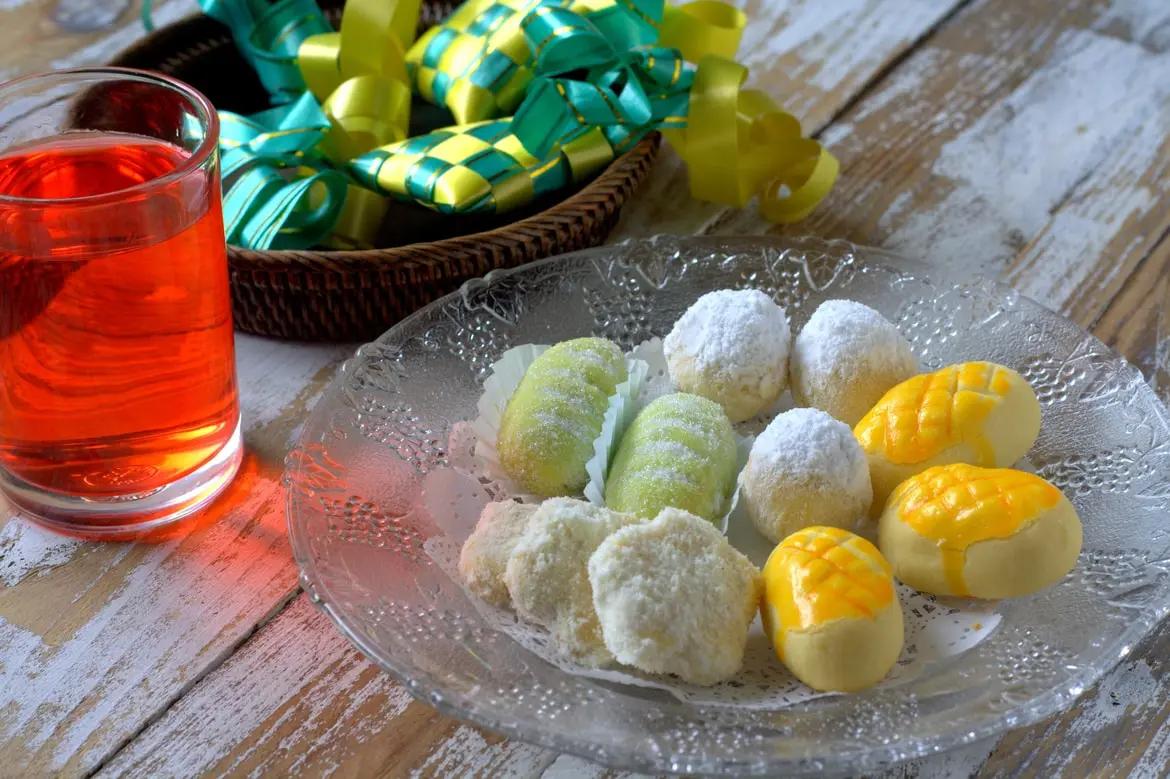Food poisoning
While food poisoning is a relatively common ailment, there are easy ways to go about avoiding it. Here's the lowdown on common symptoms, scenarios and tips that will keep you safe from a bad case of the runs.
Symptoms and sources
There's a whole bunch of different, sinister-sounding strains of bacteria, viruses and parasites that can cause food poisoning. Common strains include salmonella, found in undercooked eggs and meat, and e.coli, found in food that has had contact with faeces or sewage.
Regardless of the source, your symptoms are likely to include:
- nausea
- diarrhoea
- vomiting
- fever
- abdominal cramps
Causes of food poisoning at home
#1 Unwashed and dirty cooking utensils
A dirty environment, dirty utensils and even unwashed hands can breed a host of nasty bacteria. Keeping your kitchen spick and span can help minimise this.
How to stay safe:
If you're cooking, be sure to wash your hands with soap frequently. Especially after touching your pet, going to the toilet or blowing your nose.
#2 Mixing raw food with cooked food
Raw meat and uncooked ingredients can be a major breeding ground for bacteria and parasitic agents that cause food poisoning.
How to stay safe:
Use a separate chopping board to prepare raw food, such as meat and fish. Try to keep meat products on the bottom shelf, so that it doesn't touch or drip onto other food. If you're eating out at a steamboat or hotpot restaurant, remember to use separate sets of cutlery for cooking and eating.
#3 Thawing and storing food at unsafe temperatures (above 5°C)
Keeping your food at a safe temperature – and defrosting it properly – will prevent harmful germs from multiplying.
How to stay safe:
Keep your fridge temperature at below 5°C, and always defrost food in the refrigerator, microwave or cold water, rather than room temperature.
#4 Leftovers and expired food products
While minimising food wastage is great for your wallet, be sure to avoid risking your health by eating food that may no longer be fresh.
How to stay safe:
Don't eat food that's past its expiry date, even if it looks and smells fine. Cooked leftovers should be cooled as quickly as possible, and eaten within 2 days.
Causes of food poisoning out of the home
#5 Drinking from untreated bodies of water
It may look romantic in movies, but drinking from streams, lakes and other untreated bodies of water while hiking could give you a bad bout of food poisoning.
How to stay safe:
Remember to pack enough water for your trip to the great outdoors.
#6 Unregulated food handling
While street food can certainly be a treat, it may pose a hazard to your gut, depending on the country you're travelling to. If the stall you're ordering from looks grimy, you may want to think twice before ordering that skewer!
How to stay safe:
Most developed countries have authorities – like the Singapore Food Agency – that track eateries' food hygiene standards. Be sure to check out the food inspection scores before booking a table.
#7 Eating raw or unsafe food
Besides paying attention to your surroundings, be mindful of what you put in your mouth. Certain types of produce have a higher risk of contamination.
How to stay safe:
You may want to avoid the following food when travelling to countries with less stringent food regulations.
- Raw meat and fish dishes: Steak tartare or sushi
- Dairy products: Milk and soft cheeses like feta or camembert
- Vegetables: Raw sprouts like alfalfa, clover and radishes
#8 Dirty ice cubes and tap water
While most of us would assume that we're relatively safe from food poisoning in large cities, this is not always true. It is still possible to get food poisoning from tap water and even ice cubes.
How to stay safe:
When checking into your hotel, be sure to check with your concierge if the tap water is safe to drink. Boil all tap water or use bottled water when in doubt.
If you do get sick, remember to hydrate well. Diarrhoea, the most common symptom of food poisoning, can cause serious dehydration. Be sure to see a doctor or check into the nearest Urgent Care Centre (UCC) if symptoms persist for longer than 12 hours!












